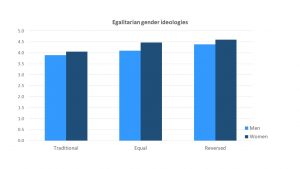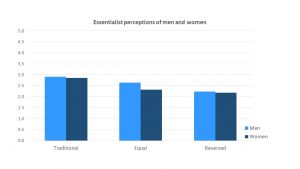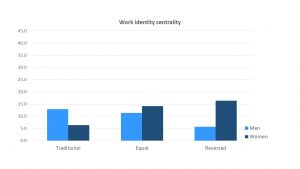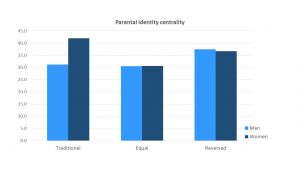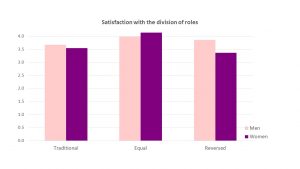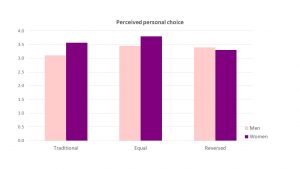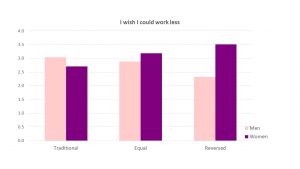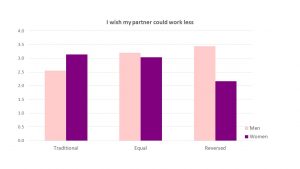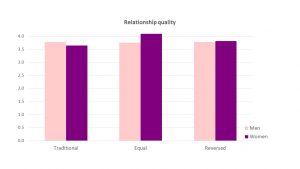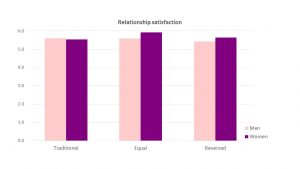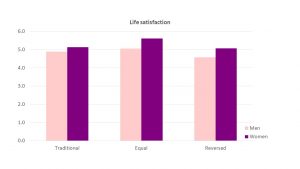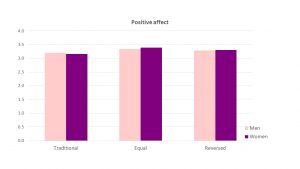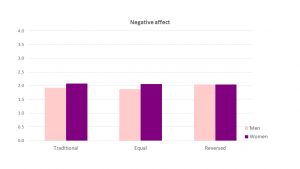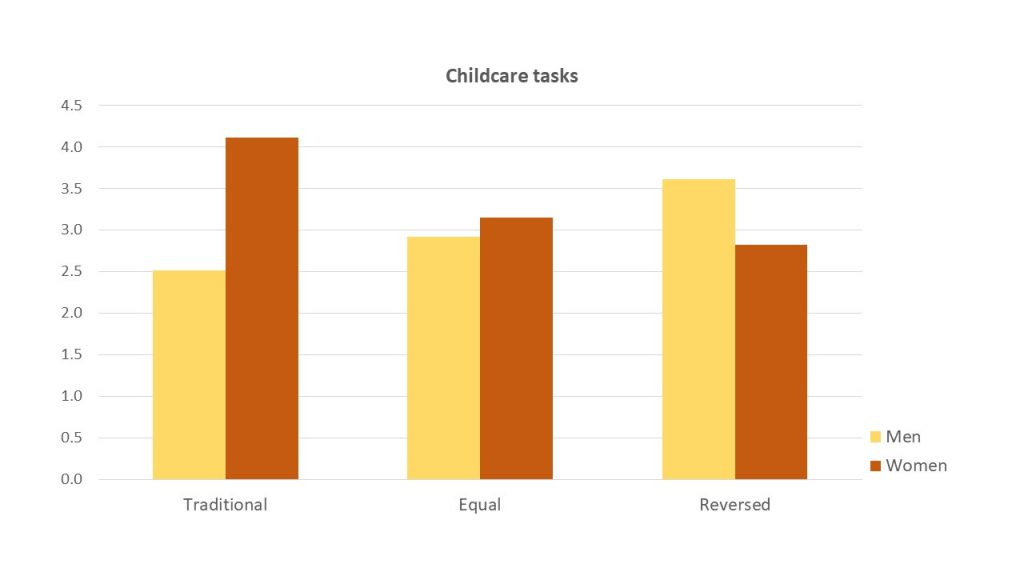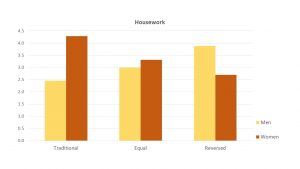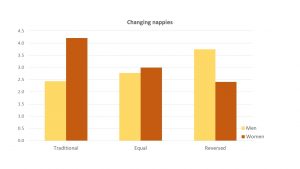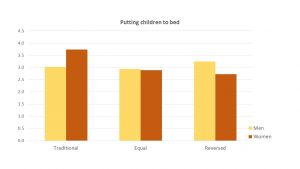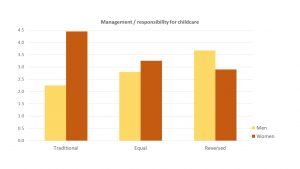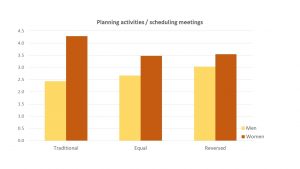Parenting leave and workplace policies aren’t working: our study shows current state and workplace policies are out of step with mothers and fathers’ desires to be closely involved in children’s lives.
Our research on how couples organise work and childcare has revealed that current state and workplace policies are not compatible with parents’ views and preferences.
Caregiving dads, breadwinning mums: Transforming gender in work and childcare, a major mixed-methods study funded by the Nuffield Foundation, compared couples in which childcare responsibilities are shared equally, or assumed primarily by the father, with more traditional arrangements. Combining survey data from a nationally representative sample of British parents as well as in-depth interviews with couples with young children, the study found that both fathers and mothers in all the parenting arrangements want to spend time with their children and be closely involved in their lives. However, most couples feel forced to identify a main carer with reduced involvement in paid work, and a main breadwinner with reduced involvement in childcare.
How do couples decide which arrangements to adopt?
Considerations that led couples to reverse roles seem to mirror those taken by traditional couples: they were often motivated by the mothers’ greater attachment to work and higher earnings, combined with a desire to avoid or limit the use of formal childcare provision and the fathers’ desire to spend more time with their children.
Equal sharing was typically motivated by couples’ egalitarian gender ideologies and an expectation of a 50/50 split of family responsibilities.
What effects do these arrangements have on parents’ well-being and relationship satisfaction?
Equal sharing mothers had the highest levels of satisfaction with their division of responsibilities, with 83% reporting they were satisfied or very satisfied (compared to 60% of mothers in traditional arrangements and 52% of mothers who reversed roles). Equal sharers tended more than other parents to perceive their arrangement as resulting from their conscious choice and were the least likely to want it to change. In contrast, mothers in traditional arrangements reported significantly lower wellbeing and relationship quality, while both men and women who were the main breadwinners tended more than others to feel they had been forced into their role.
What are the implications of the research?
The study recommends to introduce equal parenting leave entitlement, including non-transferable ‘use-it-or-lose-it’ parenting leave for fathers, and high quality affordable childcare provision to enable both parents to return to work after leave. As parents would also like to see the normalisation of part-time and flexible working, the research recommends government policies supporting shorter and more flexible work hours for both fathers and mothers.
The study was conducted by Prof Ruth Gaunt, Dr Ana Jordan, Prof Anna Tarrant, Nicola Chanamuto, Dr Mariana Pinho, University of Lincoln (UK) and Dr Agata Wezyk, Bournemouth University (UK). You can read the research report here.
Professor Ruth Gaunt from the research team said:
“Current parenting leave policies restrict couples’ choices and steer them into a traditional division of family roles despite their beliefs, preferences, and parenting arrangements. Parents want to see more part time and flexible working and leave policies and childcare that enable both parents to return to work after family leave.”
Notes to Editors:
About the data
The quantitative data were collected using an online survey administered to members of the YouGov UK panel of 800,000+ individuals. Emails were sent to panellists selected at random from the base sample of the required profile. Fieldwork was undertaken in February 2020. The sample size was 5,605 adults (2,805 males, 2,800 females) who are either married or living with a partner and have biological child/ren together, with at least one child aged 11 or under. Of the full sample, 2,813 participants met the criteria for inclusion in one of the three study groups.
The qualitative data were generated through in-depth, semi-structured interviews with 30 couples married or cohabiting different-gender couples, conducted separately with each partner between November 2020 and July 2021.
About the Nuffield Foundation
The Nuffield Foundation is an independent charitable trust with a mission to advance social well-being. It funds research that informs social policy, primarily in Education, Welfare, and Justice. It also funds student programmes that provide opportunities for young people to develop skills in quantitative and scientific methods. The Nuffield Foundation is the founder and co-funder of the Nuffield Council on Bioethics, the Ada Lovelace Institute and the Nuffield Family Justice Observatory. The Foundation has funded this project, but the views expressed are those of the authors and not necessarily the Foundation. Visit www.nuffieldfoundation.org
For media queries please contact Dr Ana Jordan, anajordan@lincoln.ac.uk

